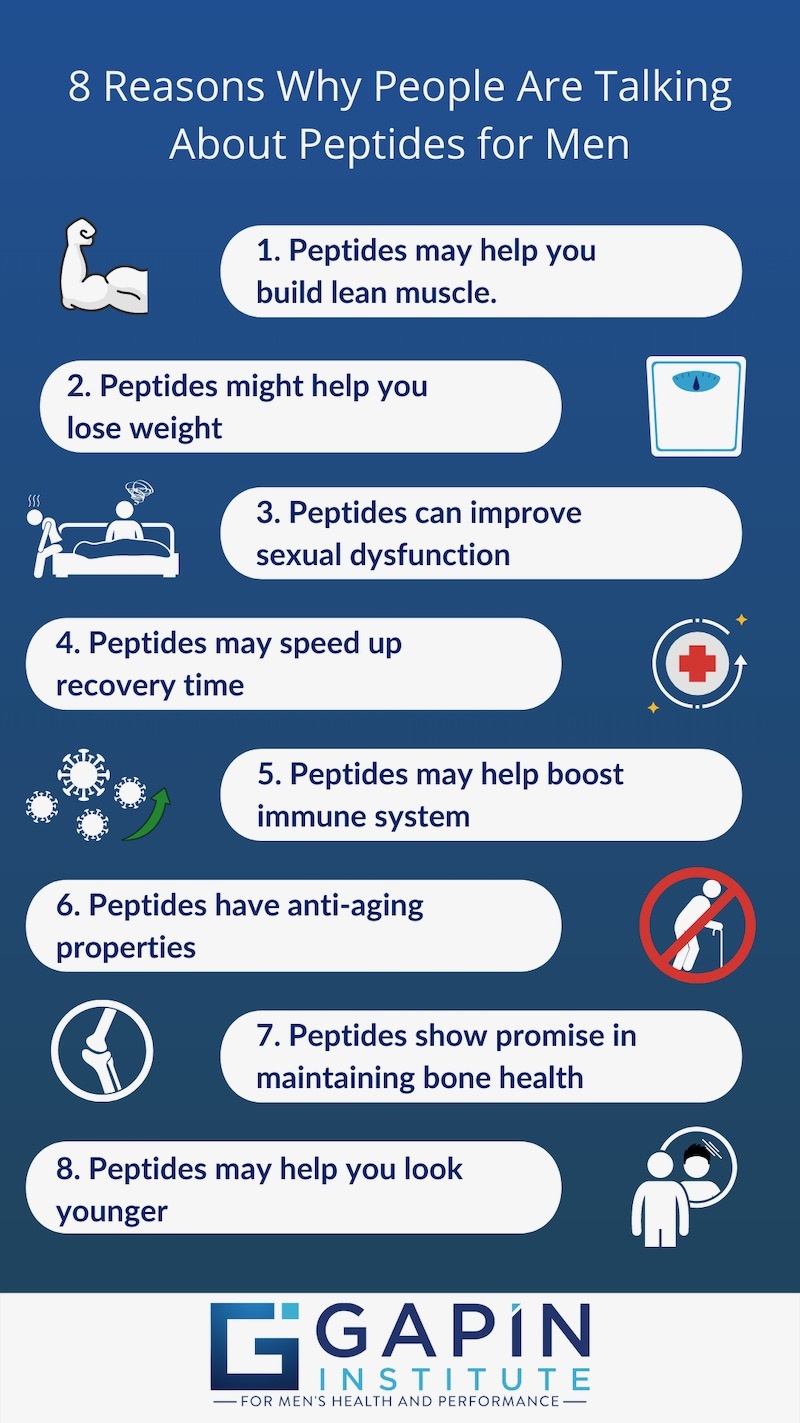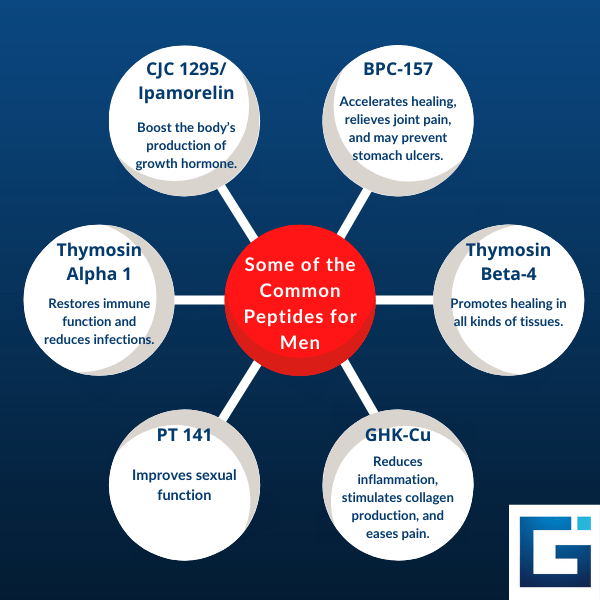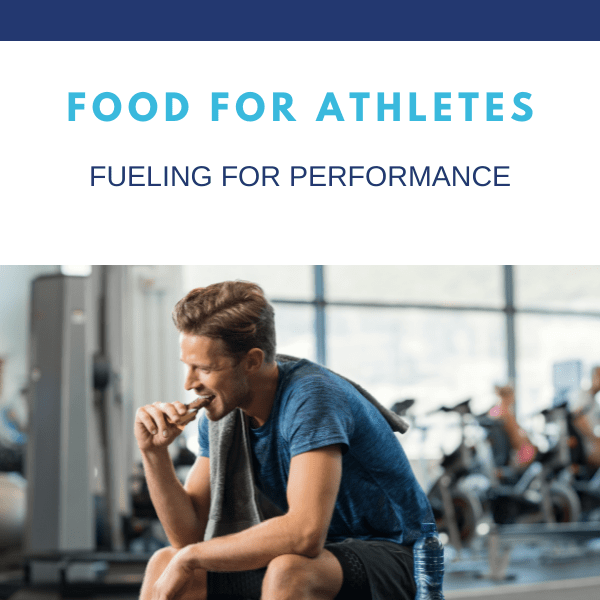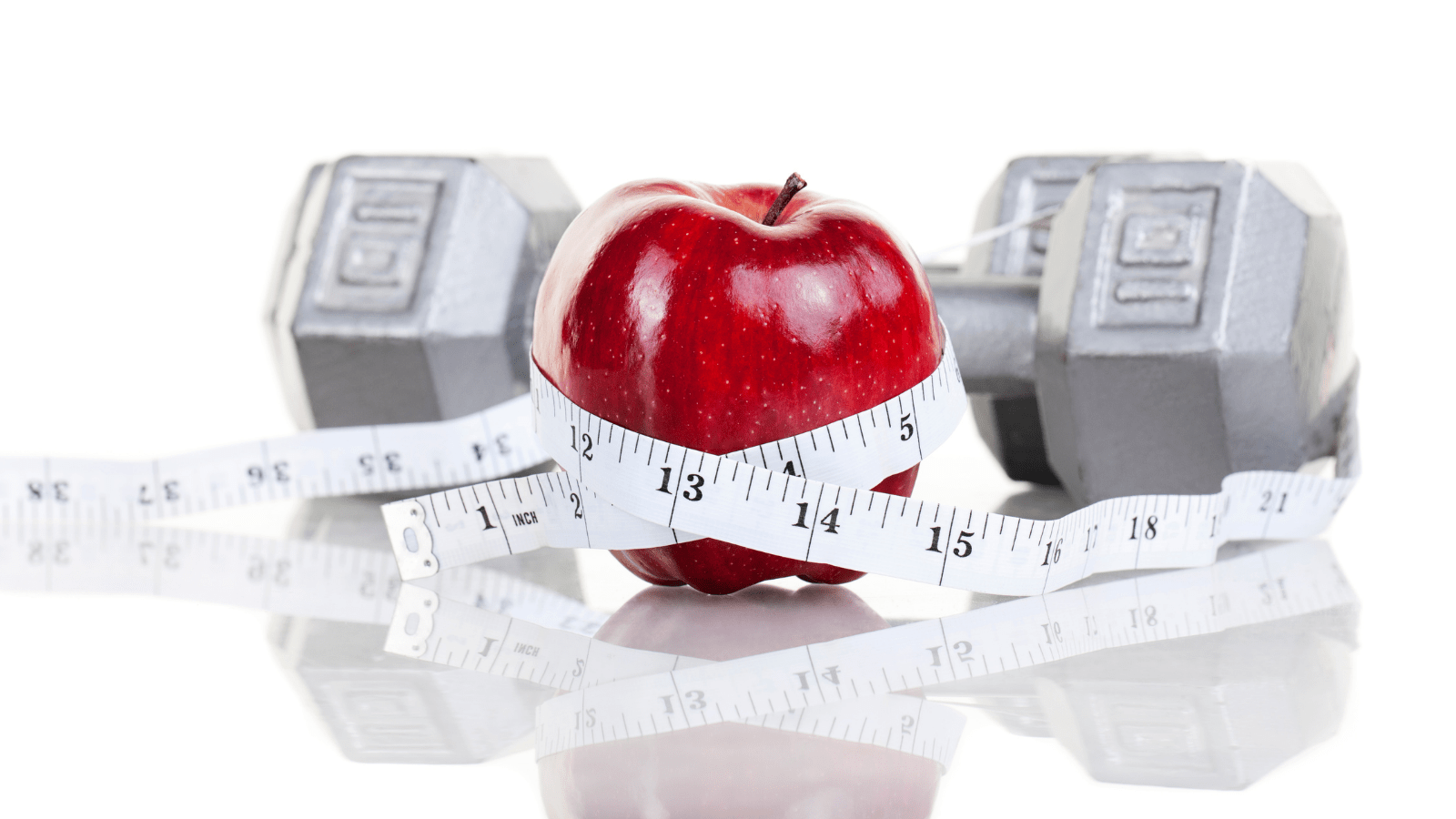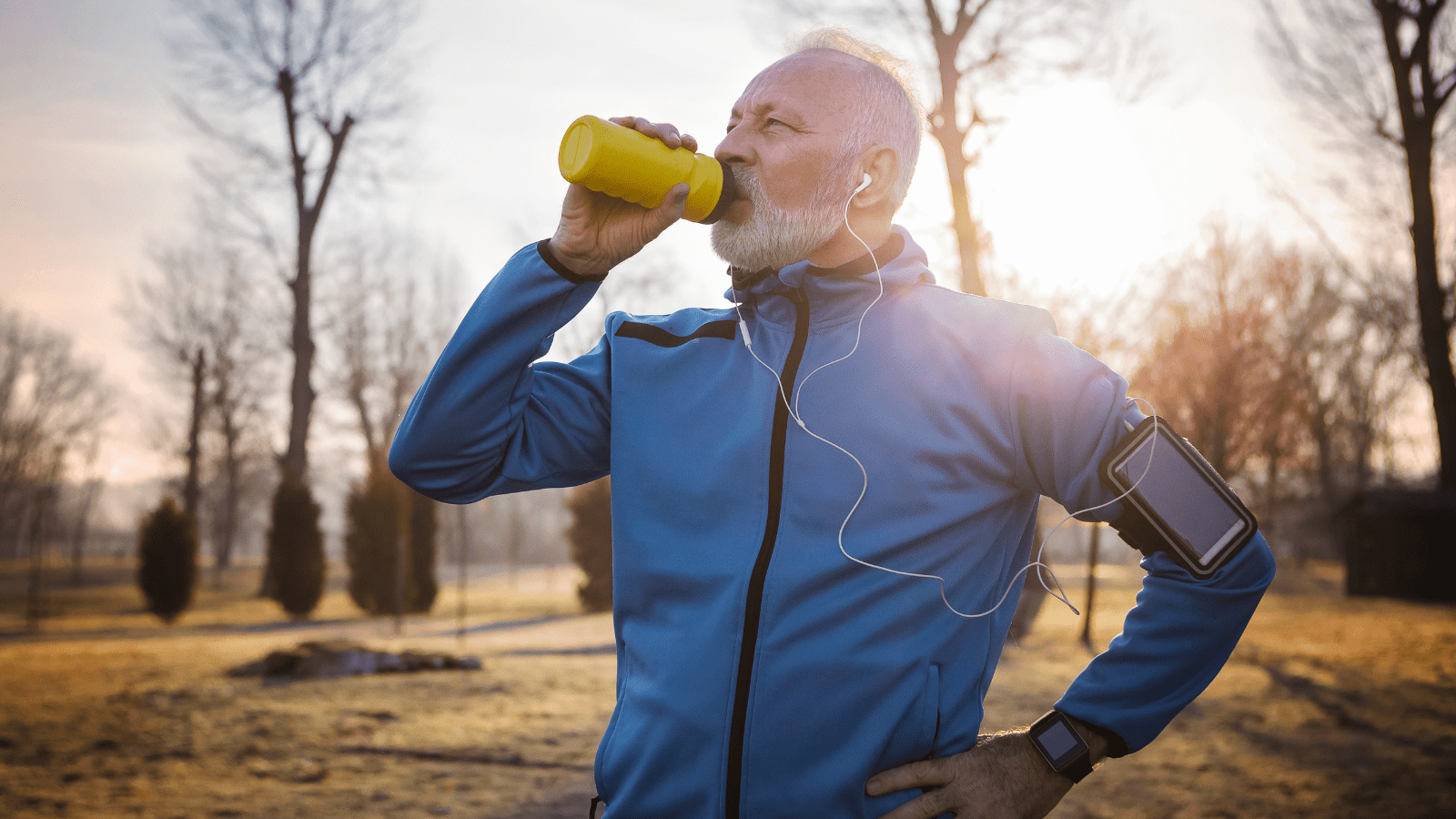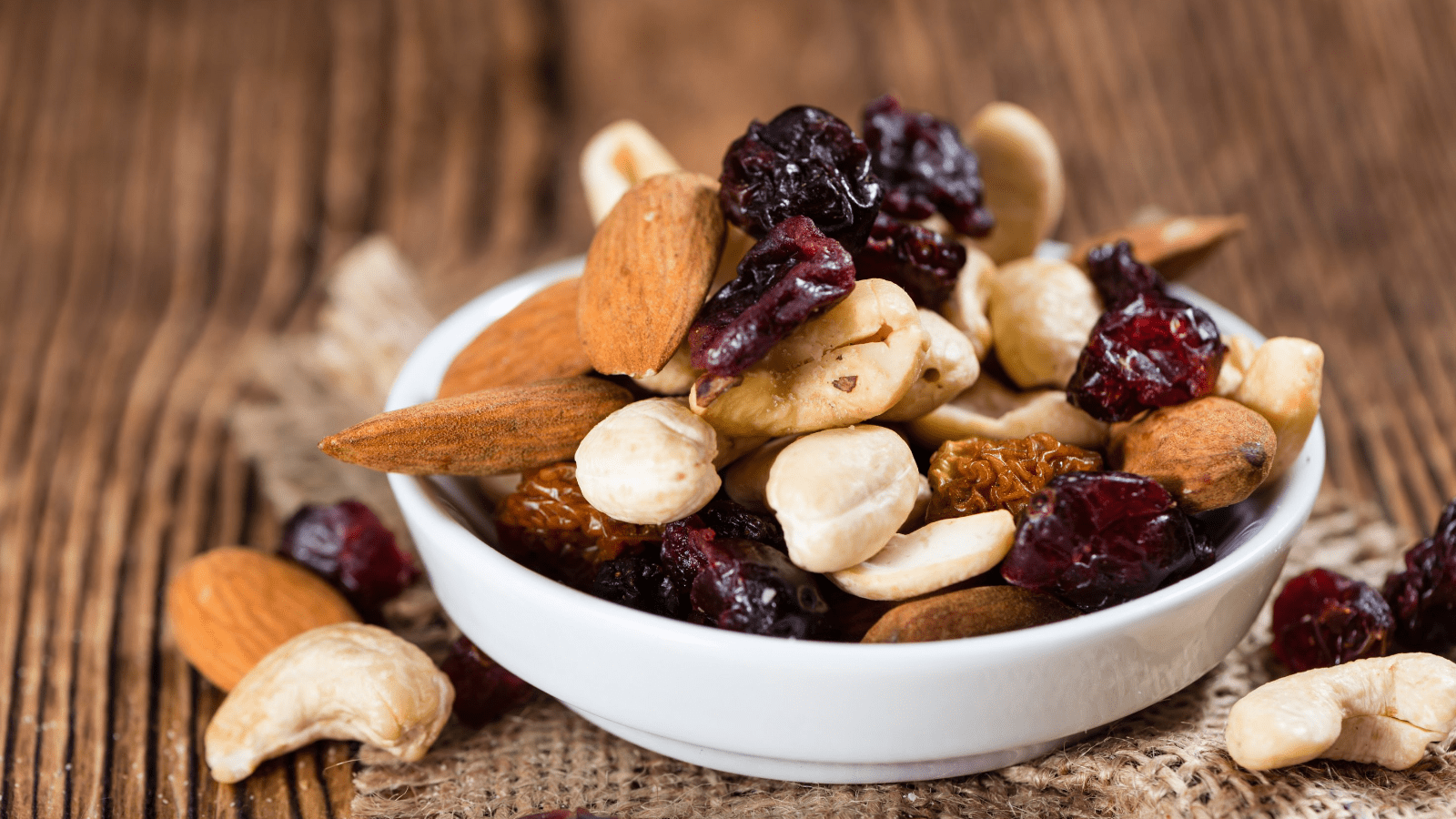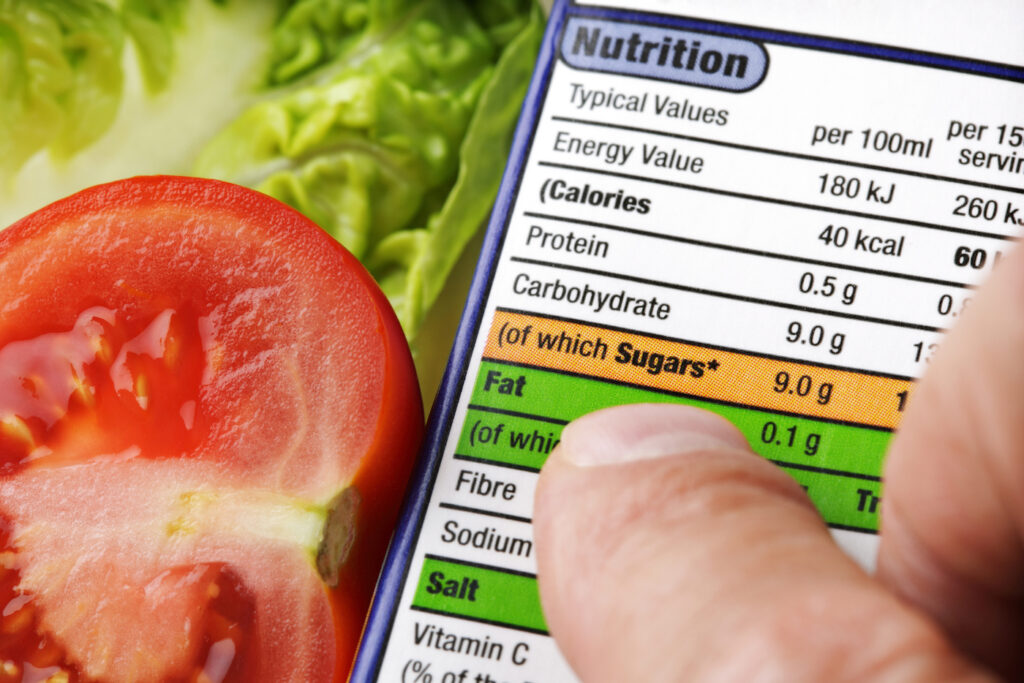
You probably already know how to read food labels.
You’ve been turning products over for years to see what’s really in the product before you buy it.
But manufacturers have been making changes lately. To comply with updated government standards, they’ve been quietly modifying the food labels you’re used to seeing over the past couple of years.
Here’s what you need to know.
Why Do We Need to Learn How to Read Food Labels Over Again?
The U.S. Food and Drug Administration (FDA) first spearheaded changes to the Nutrition Facts label on packaged foods in 2016.
The changes, the FDA stated, “reflect updated scientific information, including information about the link between diet and chronic diseases, such as obesity and heart disease.”
They also reflected the most significant shift since 1993.
Initially, the FDA required food makers with more than $10 million in annual sales to update their labels by January 1, 2020. The agency gave manufacturers making less than that until January 2021. Those of most single-ingredient sugars, such as honey and maple syrup, and certain cranberry products, had until July 1, 2021.
But then the COVID-19 pandemic hit, impacting many processes in the food industry, including food labeling. To provide relief from regulations and deadlines and help food manufacturers keep up with consumer demand, the FDA increased its flexibility, working with manufacturers to meet the new requirements.
As of today, almost all companies are in compliance with the new guidelines. The updated labels will make it easier for consumers to make informed decisions about the foods and beverages they consume.
How to Read Food Labels: What’s New and How it Affects Men’s Health
Let’s break down the new label to see what’s changed, and what you need to look for when choosing your healthiest products.
Calorie Count Gets a Boost
The new label puts calories front and center, pumping up the size of the word and the number so you can see immediately how many calories one serving will give you.
The “servings per container” text size has also increased, as has the “serving size” declaration. The point here is to make sure you know how many calories are in one serving.
Before, manufacturers could trick you into thinking that an item had fewer calories than it really did by using smaller text for the serving size. You could look at the label and think, “It’s only 300 calories!” But then if you read the fine print, you’d realize there were two servings per bottle and you were actually consuming 600 calories total.
The FDA was aware of this tactic. So they pumped up the sizes and bolded these listings to make it more clear exactly how much you’re getting in each container.
For men, cutting calories isn’t the best tactic for losing weight. In a 2017 study, researchers noted that the body usually counteracts a reduction in energy intake by reducing metabolic rate and increasing appetite later, ensuring that you regain any weight you might have lost.
Still, there can be value in reducing the number of calories you consume from a particular food. If the new label encourages you to eat half the number of potato chips you used to eat, that can only be good for your health.
Changing the Outlook on Fat
Recent research shows that some fats—like unsaturated and monounsaturated fats—are good for us. So the FDA required the new label to get rid of the “total calories from fat” listing, and list only the calories from specific types of fat instead.
The “total calories from fat” listing was there before to encourage consumers to cut down on all fats. Now we know that’s a bad idea.
In a 2021 study, researchers from the United Kingdom found that low-fat diets decreased testosterone levels in men by an average of 10-15 percent. Normal testosterone levels are key for men’s athletic performance, mental health, and sexual performance.
Men should ideally consume plenty of monounsaturated fats—found in olive oil, avocados, and nuts. Other healthy fats can also be beneficial in moderation. The new label retains the listings and percent daily value for total fat, saturated fat, and trans fat, which is good. You want to consume saturated fats in moderation and avoid trans fats altogether, but you definitely shouldn’t avoid all fats.
Singling Out Added Sugars
There’s a clear difference between natural sugars—such as those in fruit and dairy products—and “added” sugars, which manufacturers add to foods after the fact.
Up until recently, however, that wasn’t clear on the food label.
It is now. And that’s a good thing because consuming too many added sugars can set you up for disease. The American Heart Association recommends no more than 150 calories (9 teaspoons) per day for men. Yet the average American consumes about 19.5 teaspoons each day—three times the recommended amount.
Studies have linked added sugars to cardiovascular disease, diabetes, high blood pressure, obesity, unhealthy cholesterol levels, and more. In a 2017 study, researchers found that eating too much sugar could increase a man’s long-term risk of mental disorders like anxiety and depression.
The new label requires manufacturers to list not only the total sugars in the product but the “added sugars” as well. This is the number to pay attention to. Natural sugars are typically less harmful because they are accompanied by other nutrients like fiber. So they don’t affect the body as negatively as added sugars.
Added sugars include cane sugar, brown sugar, maple sugar, corn sweetener, corn syrup, honey, malt syrup, and molasses.
New Nutrient Listing: Vitamin D
Manufacturers will still need to list calcium and iron levels, but they will no longer have to list levels of vitamins A and C on their labels. They can still do so if they want to—they just won’t “have” to. Studies have found that most Americans are getting enough of these nutrients in their daily diets.
Manufacturers will now have to to list new nutrients vitamin D and potassium on the label—a change from before. Studies have shown that many Americans aren’t getting enough of these nutrients.
In 2011, scientists reported that the overall prevalence of vitamin D deficiency in the U.S. is 41.6 percent. The highest rate was seen in Black Americans (82.1 percent), followed by Hispanics (69.2 percent). The researchers noted that “vitamin D was common in the U.S. population…”
Being low on vitamin D may increase your risk of obesity, diabetes, hypertension, depression, and neurodegenerative diseases like Alzheimer’s. When researching morbidly obese men in Norway, researchers found that those seeking weight-loss treatment had significantly greater odds of being deficient in vitamin D than women.
Studies have found that older men, too, are at a higher risk of having low vitamin D levels, particularly those who are obese or live at higher latitudes, where the sun is more likely to be absent in winter.
There is also some evidence that being low in vitamin D may contribute to erectile dysfunction. According to one study, men with a vitamin D deficiency had a 30 percent greater prevalence of ED. They also had an 80 percent greater prevalence of severe ED compared to men with optimal levels of vitamin D.
New Nutrient Listing: Potassium
It looks like there’s been a rise in potassium deficiency in the U.S. lately. Some scientists have linked that to agricultural crop removal of potassium and the decrease of potassium levels in our foods. In 2020, scientists reported that levels in beef, pork, turkey, fruits, and vegetables decreased between 1999 and 2015.
Yet we need potassium for normal cell function and to maintain a balance of electrolytes in our systems. Scientists have linked a low intake with hypertension and stroke, bone health problems, type 2 diabetes, and kidney stones.
In a cohort of over 45,000 men aged 40 to 75 years, for instance—none with a history of kidney stones—researchers found that those with the highest intakes of potassium had a 51 percent lower risk of kidney stones over 4 years than those with the lowest intakes.
New Lows and Highs on Percent Daily Value
Like the old label, the new one lists the percent DV for each of the nutrients. This shows you how much each one contributes to the total amount that you need. It contains updated values, however, for nutrients like sodium, dietary fiber, and vitamin D, however, based on newer scientific evidence.
As a general guide, the FDA recommends the following:
- 5% DV or less is considered low.
- 20% DV or more is considered high.
For optimal health, choose foods that are:
- Higher in %DV for fiber, vitamin D, calcium, iron, and potassium
- Lower in %DV for saturated fat, sodium, and added sugars
How to Read Food Labels: New Requirements for Genetically Modified Foods (GMOs)
In addition to these changes to the nutrition facts label, there’s also been a big change to the rules for genetically modified food products (GMOs). These just went into effect on January 1, 2022.
Genetically modified foods have undergone genetic changes to alter their DNA. Manufacturers use many GMO crops to make ingredients that we eat every day, including cornstarch, corn syrup, corn oil, soybean oil, canola oil, and granulated sugar. A few fresh fruits and vegetables are available in GMO varieties as well, including potatoes, summer squash, apples, and papayas.
More than 95 percent of animals used for meat and dairy in the U.S. also eat GMO crops, according to the FDA.
Manufacturers use genetic modification to:
- give foods desirable traits
- make crops more resistant to diseases as they grow
- produce more nutritious food
- make crops more tolerant of herbicides
Because altering foods in this way is a relatively new practice, we don’t know about the long-term safety for humans. Some studies have raised alarms. In a 2009 review of animal studies, scientists found that GM foods “may cause some common toxic effects” on the liver, pancreas, kidneys, and reproductive systems.”
Other studies have found that antibiotic-resistant genes that scientists insert into genetically modified foods can be more persistent in the environment than previously believed. This may contribute to the rise of antibiotic-resistant microorganisms that may infect humans.
In a 2002 study, for instance, British researchers found that GM foods—often modified to resist antibiotics—could change the makeup of the human digestive system. The result is an increased risk of infections that are resistant to today’s antibiotics.
So far, we don’t have any evidence that GMO products pose any health risks for humans. As noted, however, this area of research is new and we need more studies to be sure.
How to Read Food Labels: What “Bioengineered” Means
Until recently, we had no regulations in the United States requiring manufacturers to label foods derived from GMOs. Government agencies assumed these foods would meet all the same safety standards applied to other food products, and didn’t need extra regulation.
That has changed. Back in 2016, Congress passed the National Bioengineered Food Disclosure Standard. Since then, manufacturers must disclose foods that are or may be bioengineered (i.e., genetically modified).
The U.S. Department of Agriculture’s (USDA’s) then required new food labeling rules for genetically modified food products that went into effect on January 1, 2022.
According to the USDA, bioengineered foods contain human-manipulated genetic material. You’ll now see labels on some foods that say “bioengineered” or “derived from bioengineering.”
Companies with products that qualify as bioengineered can comply with the new standard in several ways:
- Include text on the package that says “bioengineered food” or “contains bioengineered food ingredient”
- Use one of two USDA-approved logos approved
- Add a QR code for consumers to scan or a phone number for them to text that will provide information about the food item
To qualify as genetically engineered, foods need to be genetically modified or have genetically modified ingredients that are “detectable” by certain standards.
How to Read Food Labels: Is “Bioengineered” More Confusing?
Though the new labels will give consumers more information than before, critics say the change will only confuse them.
For one thing, “bioengineered” is not as common a term as GMO. Consumers aren’t as familiar with it, and may not realize that it’s the same thing.
The new standard also leaves out many foods that are “highly refined” or contain bioengineered ingredients that aren’t detectable. These include those in sugar-sweetened beverages, candies, or certain cooking oils.
The USDA has set a threshold at five percent for the “unintended” presence of bioengineered ingredients. Foods made from crops with less than that amount of an ingredient don’t have to be labeled as bioengineered.
Another potential issue: The new rules don’t cover products that list meat, poultry, or eggs as their first or second ingredient after water, stock, or broth. Frozen processed foods like chicken burritos or pasta, therefore, may contain modified ingredients without saying so.
Animal products from animals fed bioengineered foods don’t qualify either. So if you’re drinking milk from a cow fed bioengineered alfalfa, you won’t know it.
Finally, restaurants and other foodservice establishments don’t have to follow the new rules. That means when you go out to eat, there’s still no way to know if you’re consuming GMO foods.
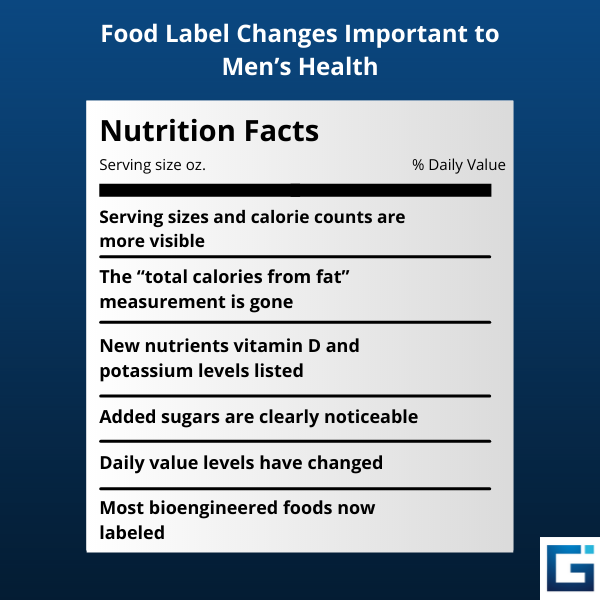
Will You Read Food Labels?
Despite the drawbacks, the new labels are a step forward in protecting your health. They do give you improved information on what you’re buying, helping you to make more informed decisions.
The question is, will you read them carefully?
According to a survey by the Coast Packing Company and Ipsos Research, almost two in three Americans (62 percent) read food labels. Men, however, were less likely to do so (58 percent) than women (65 percent).
Women are also more likely (54 percent) than men (36 percent) to avoid certain foods based on the food label.
I encourage you to turn that product over and read it. What you eat every day has a huge impact on your health right now. It’s something simple you can do for your vitality and longevity.

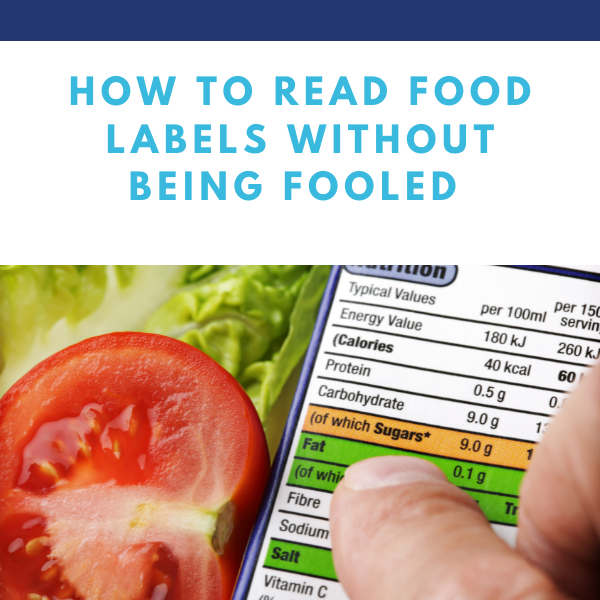



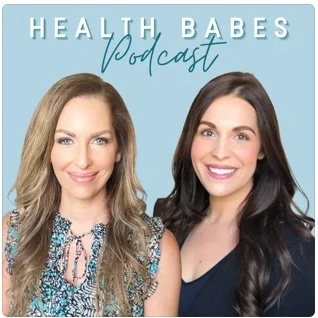

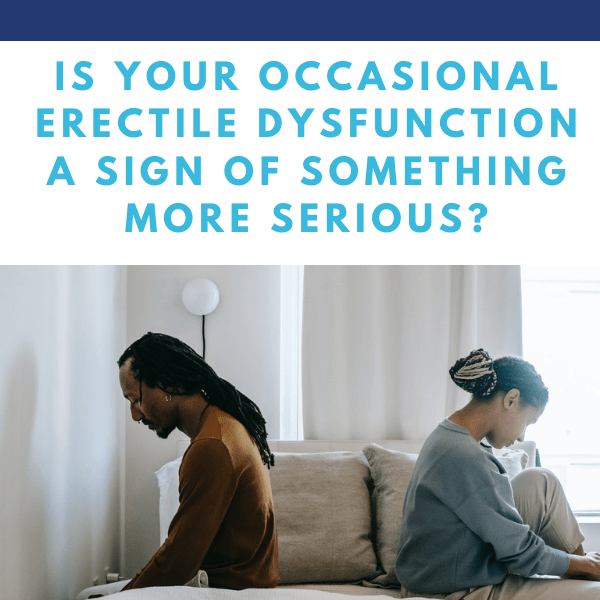


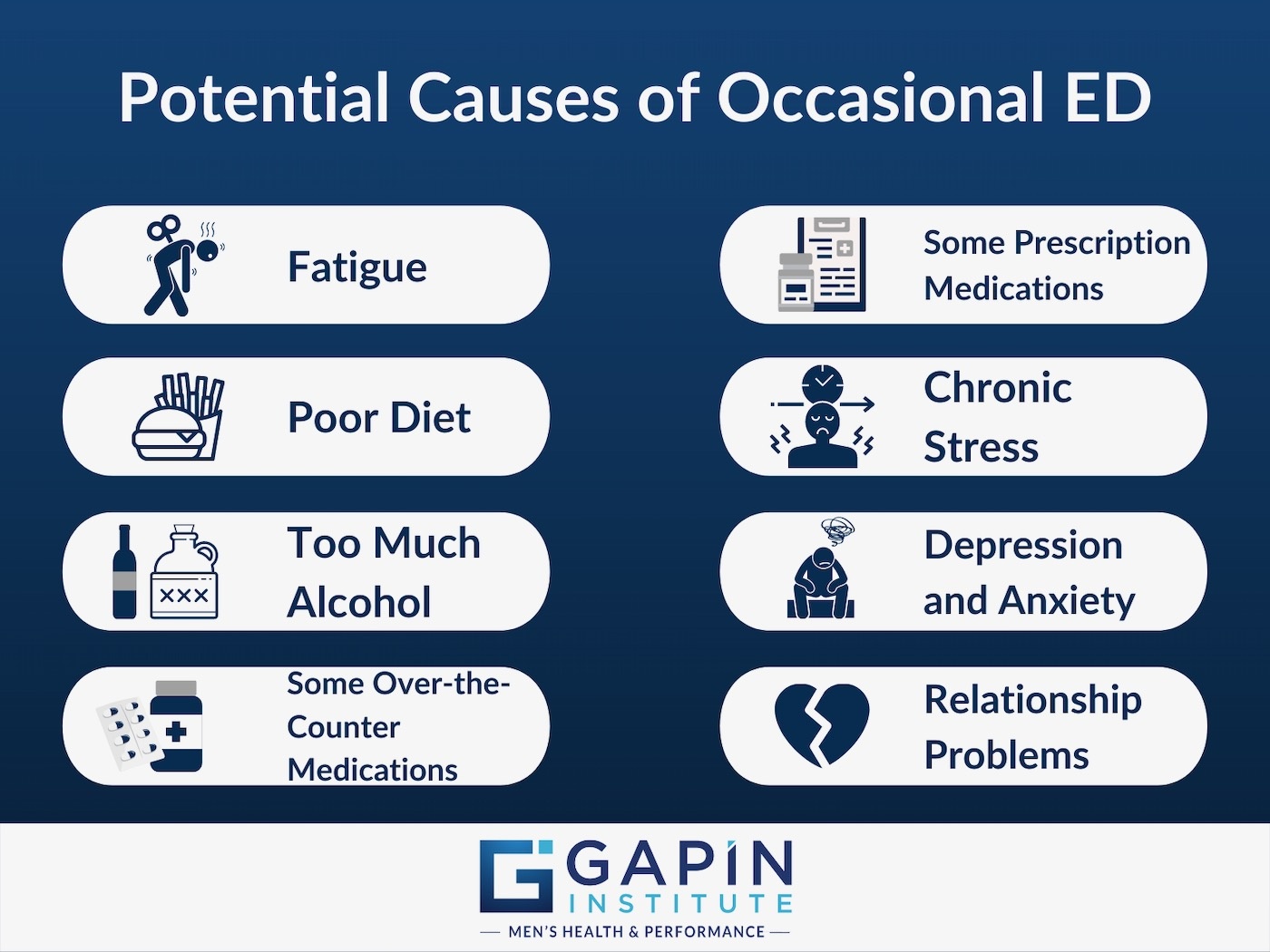
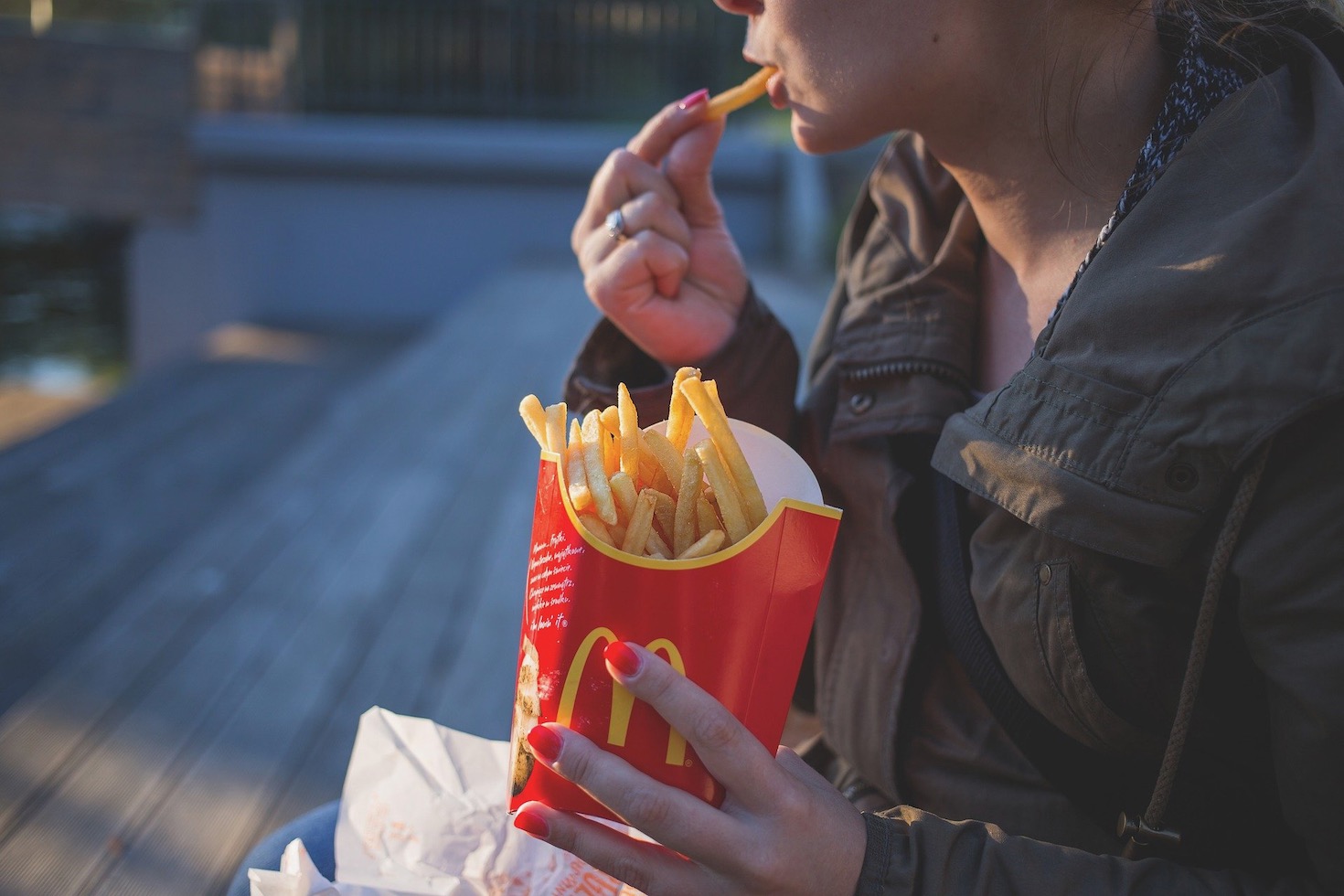
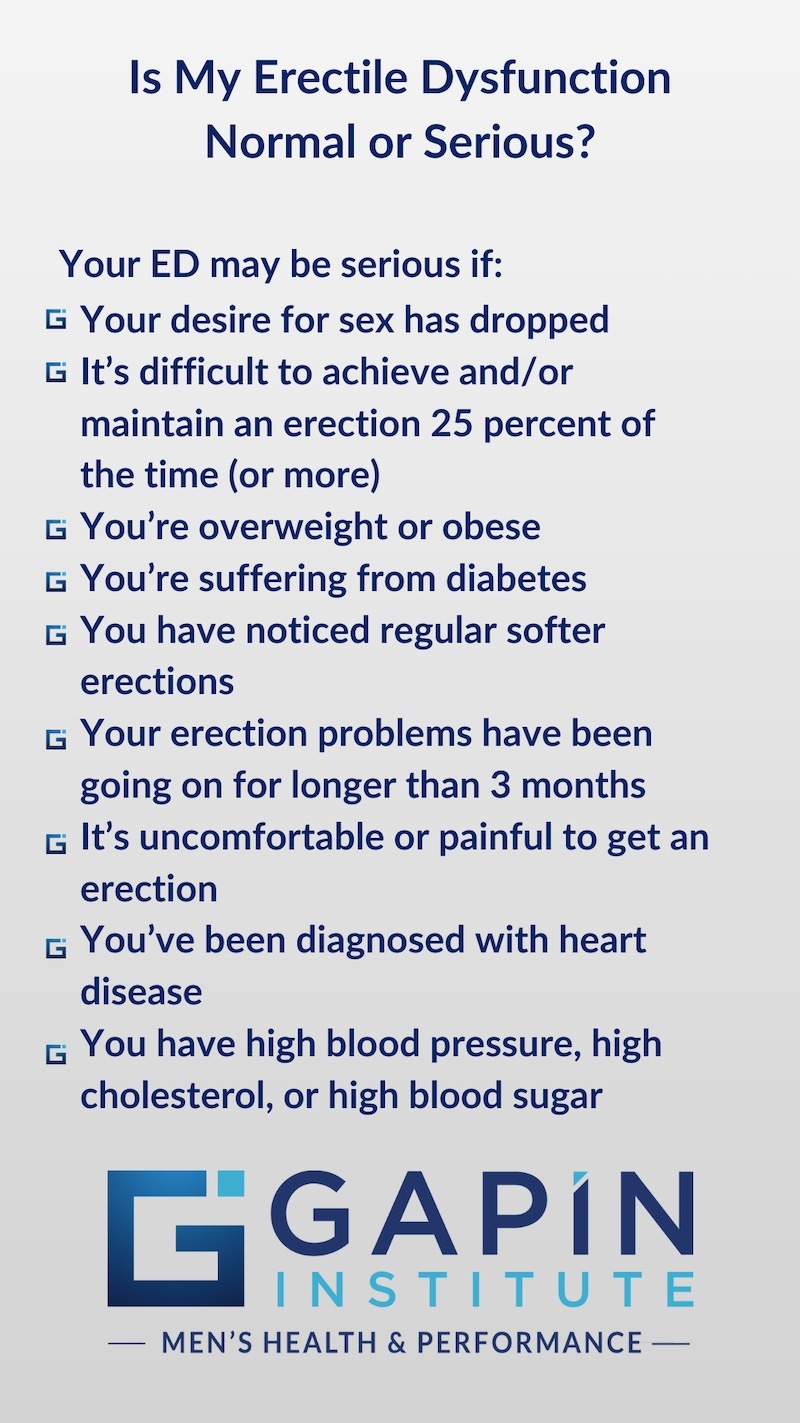
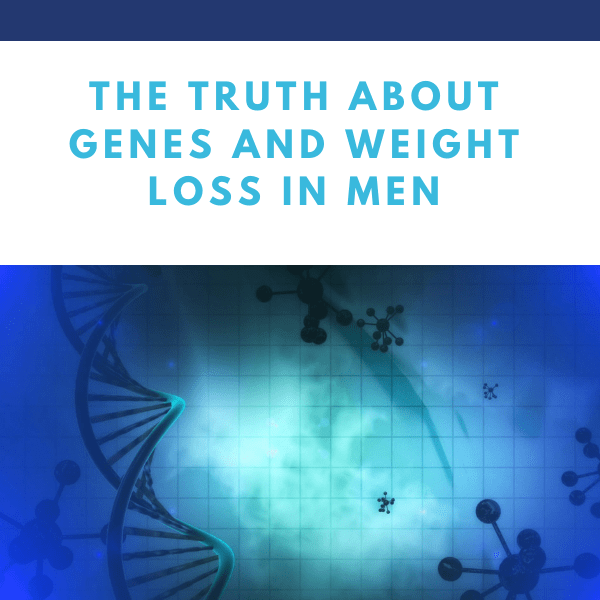
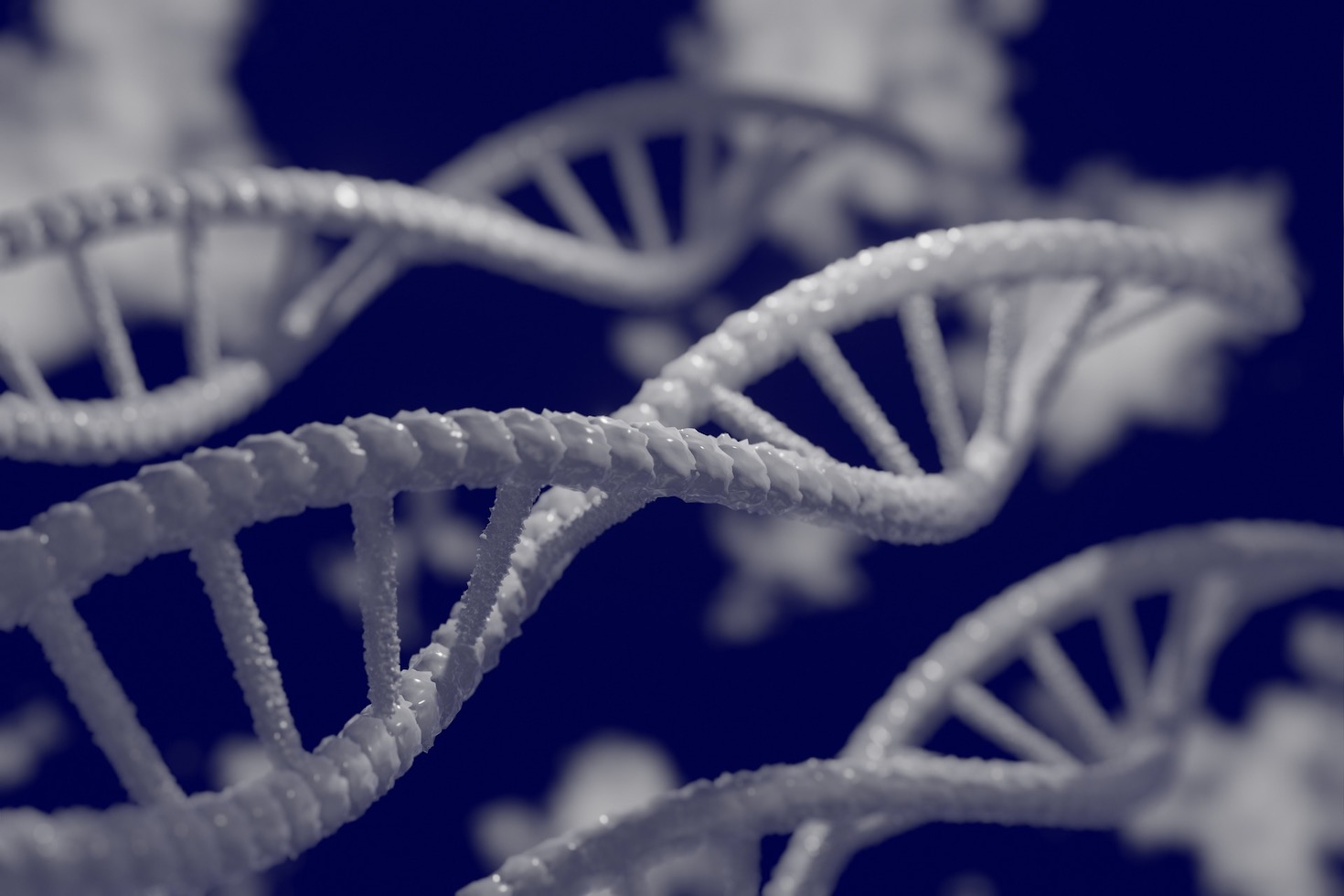
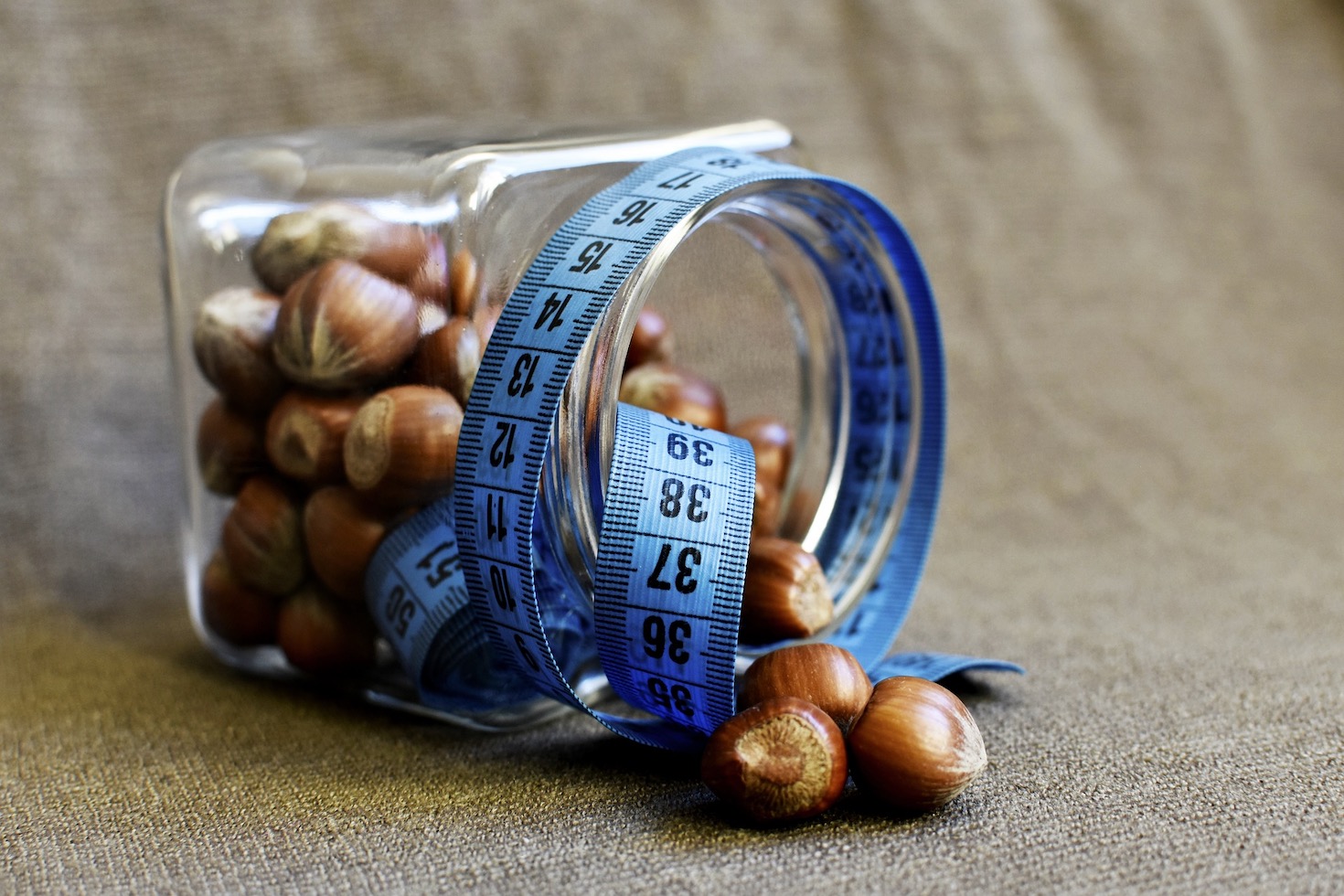
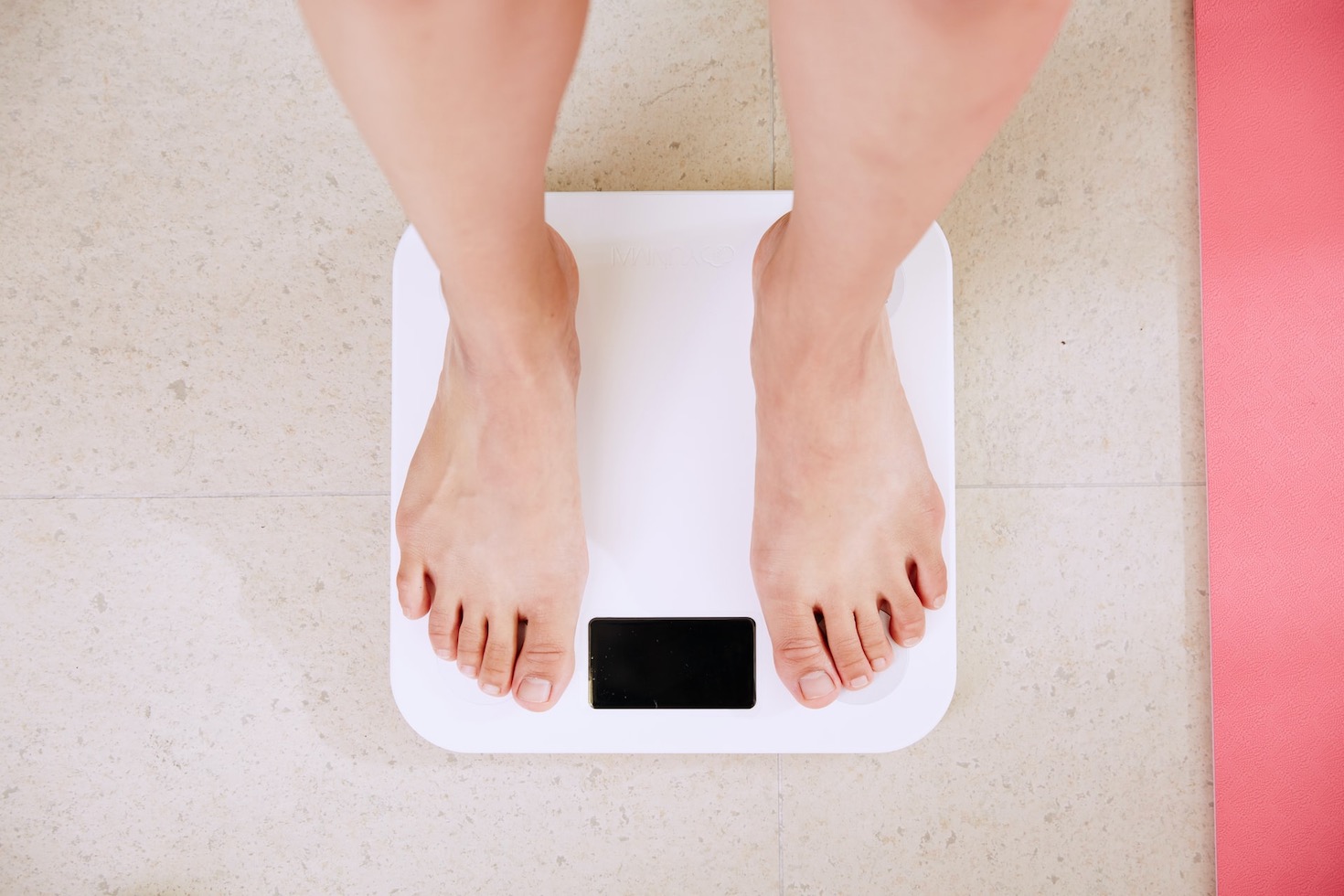
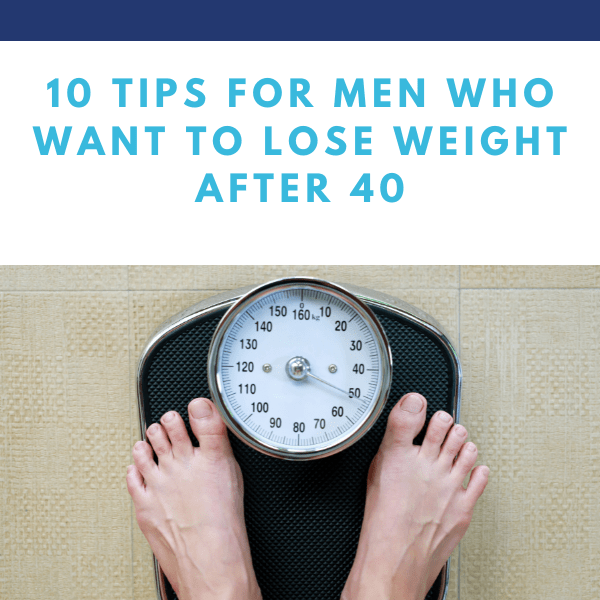
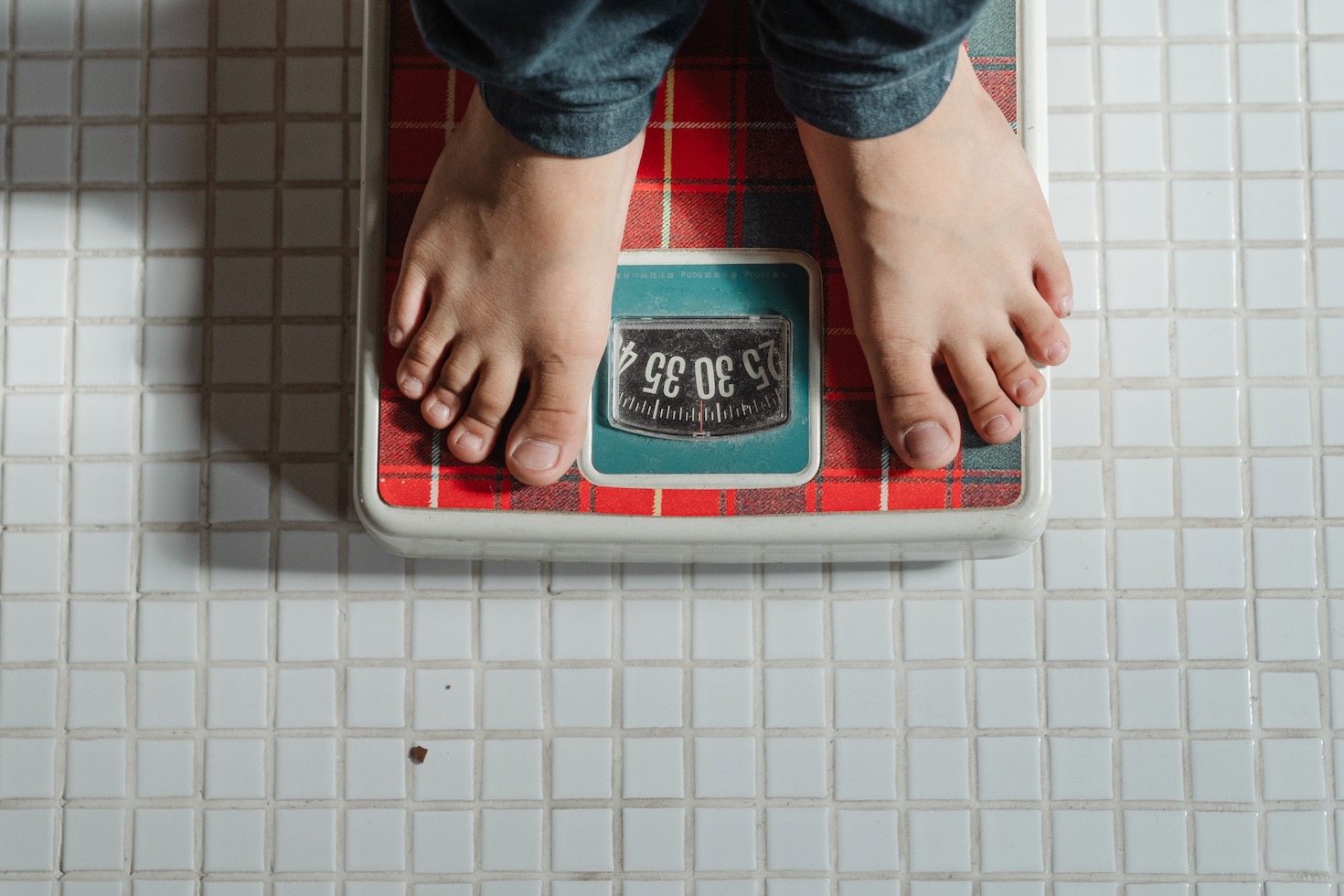

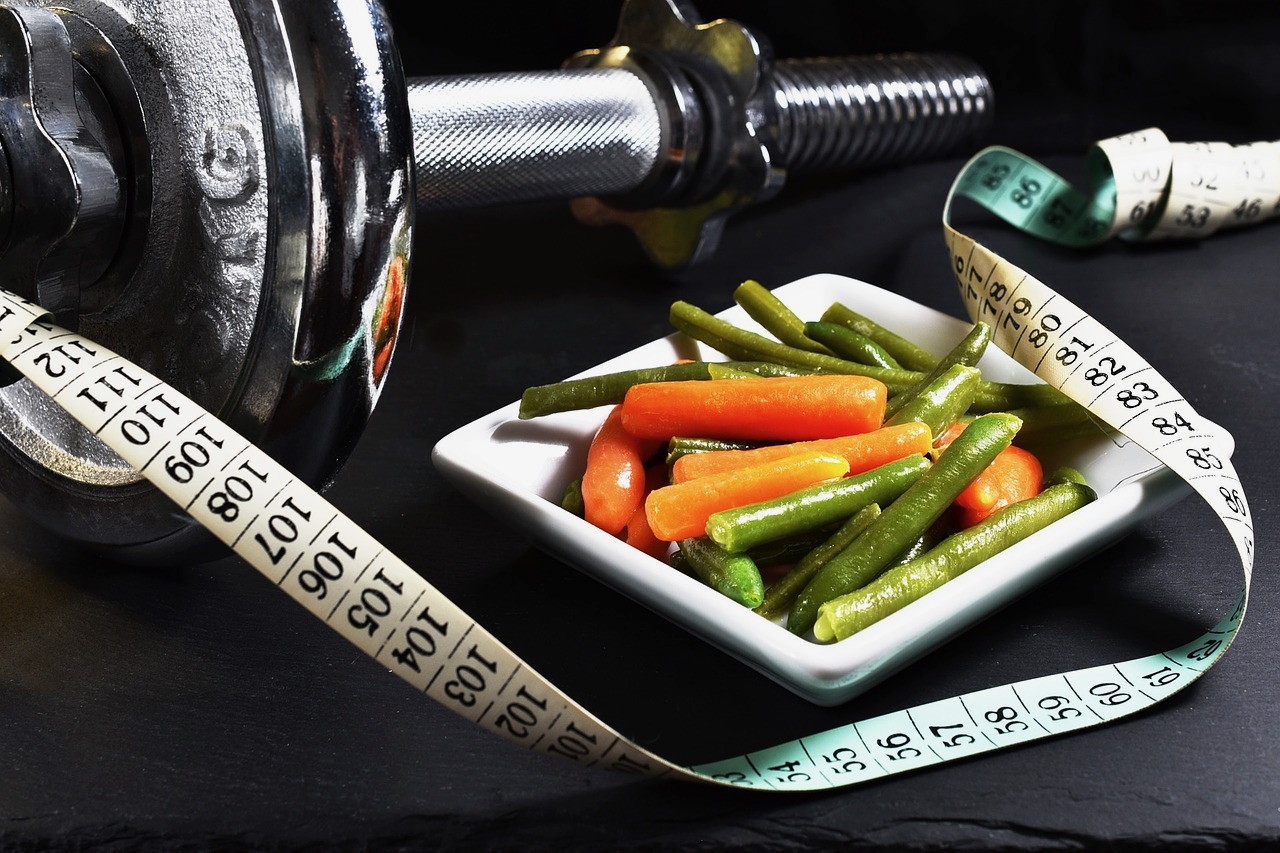



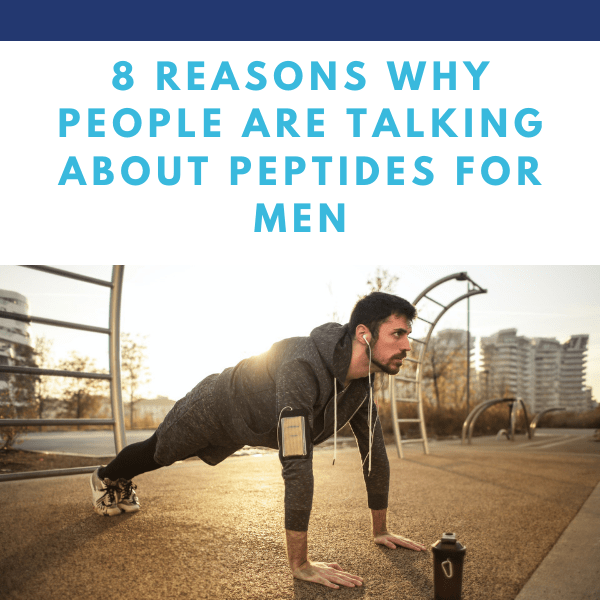

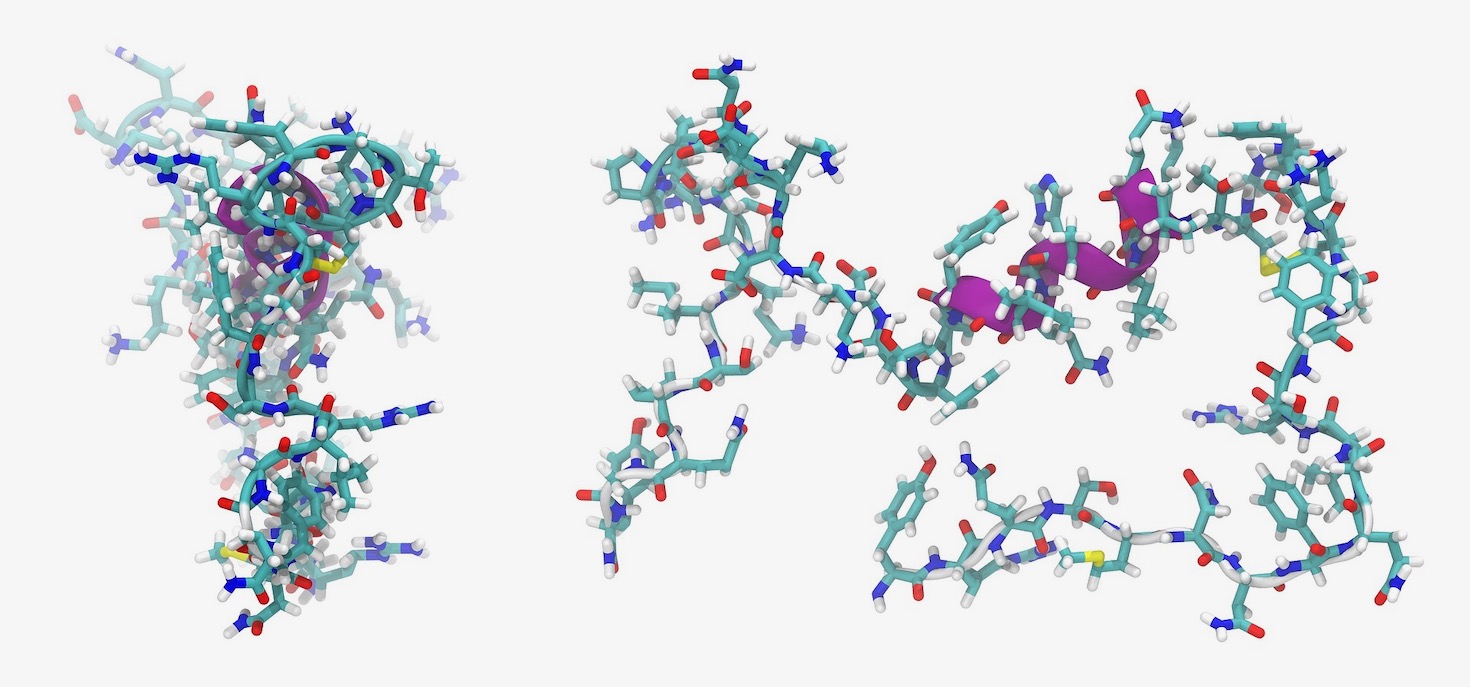
 1. Peptides may help you build lean muscle.
1. Peptides may help you build lean muscle. 3. Peptides can improve sexual dysfunction.
3. Peptides can improve sexual dysfunction.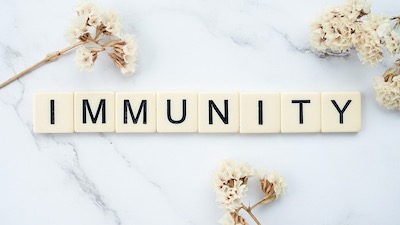 5. Peptides may help boost the immune system.
5. Peptides may help boost the immune system.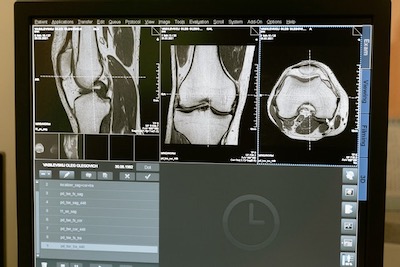 7. Peptides show promise in maintaining bone health.
7. Peptides show promise in maintaining bone health.